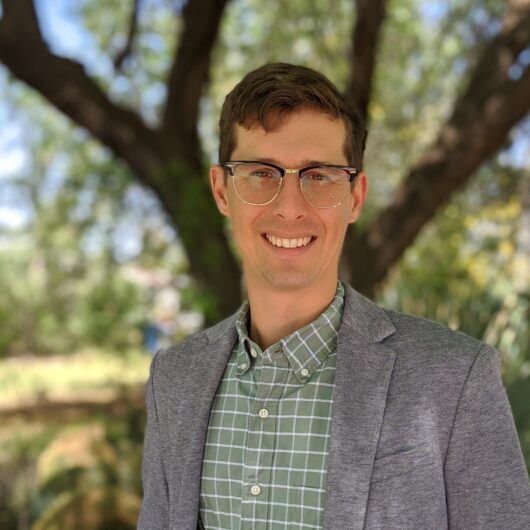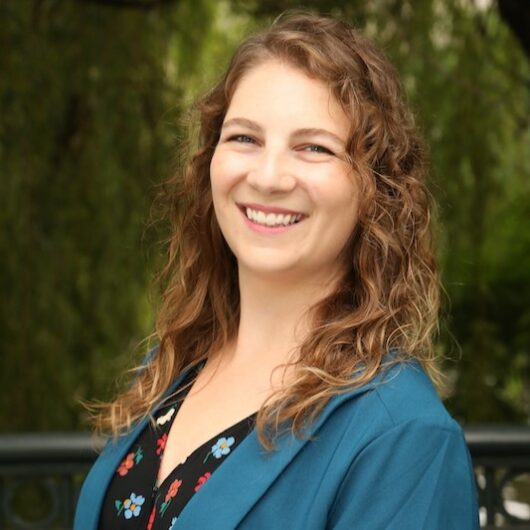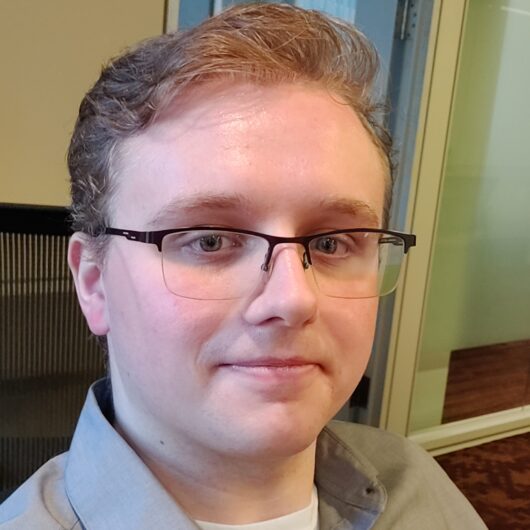Rethinking Science, Policy
Reinventing Participatory Technology Assessment
A Panel Discussion on pTA Innovations with Rising Scholars & Practitioners
About the Seminar
January 22, 2024 12:00pm—1:30pm
Event slide deck can be accessed here.
Event recording embedded below.
___________________________________
In a letter last August, the President’s Council of Advisors on Science and Technology (PCAST) urged President Biden to “Issue a clarion call to Federal agencies to make science and technology communication and public engagement a core component of their mission and strategy” and establish a new office for “participatory public engagement.” The Expert and Citizen Assessment of Science and Technology (ECAST) network, led by the Consortium for Science, Policy and Outcomes (CSPO), Museum of Science (MOS), and SciStarter, is a national thought and action leader for public participation in technological change. By directly referencing its decade of work with experts, stakeholders, communities, and federal agencies, the letter validated the network’s founding argument about reinventing technology assessment.
Participatory Technology Assessment (pTA) encompasses a series of interconnected processes for engaging experts, stakeholders, and everyday citizens in informed discussions around responsible decision making for emerging technologies. Since 2010, ECAST has convened pTA forums on a variety of socio-scientific challenges, from biodiversity and climate change to automated mobility and human gene editing. It has engaged over 3,000 representatively diverse citizens in over thirty U.S. cities. However, a question arises: how does pTA, a method primarily developed in the 1980s as an argument for democratic decision-making, become and stay relevant in the 21st century? The answer lies with ECAST network’s distributed institutional model, transdisciplinary approach, and commitment to continual innovation in concepts and practice.
How is pTA helping to accelerate innovation while directing technological developments towards the most pressing problems in science and society?
Join thought leaders at CSPO in Washington, DC on January 22, 2024 at 12pm to explore how pTA addresses this new challenge of innovating with society.
In this New Tools for Science Policy discussion, a panel of next-generation scholars and practitioners from ECAST will share how pTA is addressing the demands for procedural, distributional, intergenerational, and recognitional justice while advancing equity for disadvantaged and marginalized communities.
The discussion will begin with an overview of methodological innovations across four recent pTA projects designed to address challenges and opportunities in different stages of research and technology development: nuclear waste storage, carbon dioxide removal, solar geoengineering, and nuclear fusion. Each panelist will highlight the interdisciplinary nature of pTA work and the unique career pathways each presenter followed to arrive at the forefront of pTA reinvention.
Lunch will be provided. A showcase of past and current pTA projects will follow.
Speakers
Seminar Video
Past Series
-
October 03, 2024 3:30pm
Carbon Removal Social [Science]
Holly Buck, Sara Nawaz, Rory Jacobson, Marcela Mulholland, Amanda Borth
-
June 04, 2024 12:00pm
Hopeful Climate Futures through Speculative Storytelling: Decolonizing Global Climate Action
Chinelo Onwualu, Joey Eschrich
-
April 29, 2024 9:00am
Public Funding, Patents, and Technology Transfer: Learning from the Contrasting Oxford and Texas Models of COVID-19 Vaccine Production and Distribution
Ken Shadlen
-
March 21, 2024 9:00am
Inspirations from European Technology Assessments: Institutions, Practices and Key Debates
Anja Bauer
-
May 10, 2024 9:00am
Adapting Federal Programs to Evolving Public Values: Insights from the Department of Energy
Darshan Karwat, Matthias Galan
-
April 30, 2024 9:00am
ASU’s Milo Space Science Institute: Increasing the World’s Access to Space
Jim Bell
-
January 22, 2024 12:00pm
Reinventing Participatory Technology Assessment
Nicholas Weller, Amanda Borth, Emily Hostetler, Jared Owens, Arthur Daemmrich
-
November 17, 2023 9:00am
“Unacceptable Costs”: Managing for biological invasions and climate risks in the US Pacific Islands
Laura Brewington
-
October 30, 2023 9:00am
Patent Data & Publicly-Funded Research: Applications, Benefits, & Misuse
Bhaven N. Sampat




